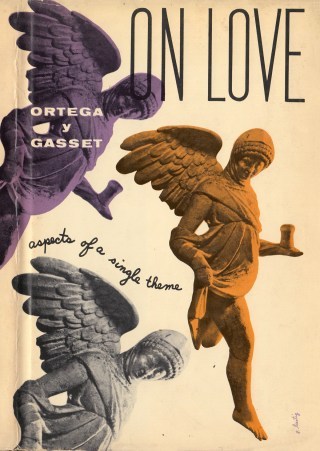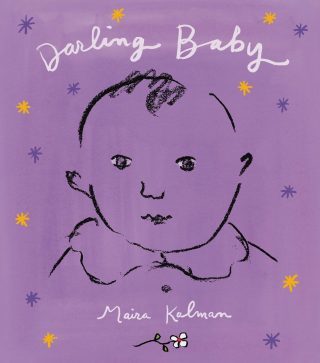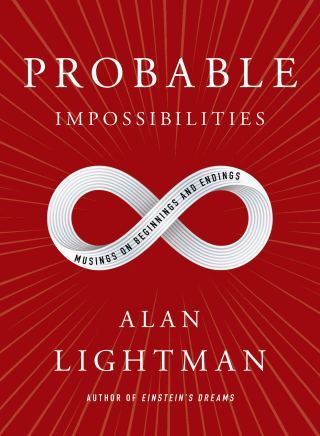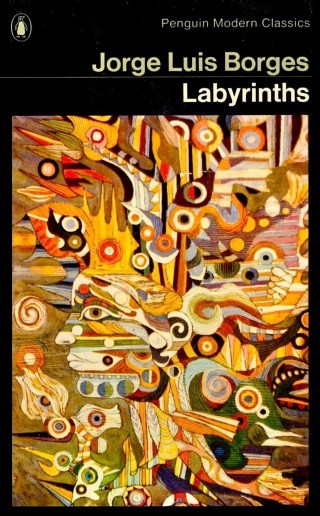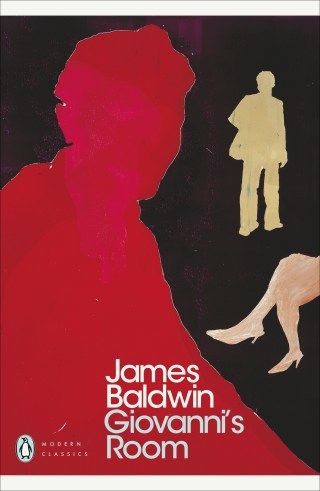Maria Popova's Blog, page 87
June 29, 2021
How Memory Makes Us and Breaks Truth: The Rashomon Effect and the Science of How Memories Form and Falter in the Brain
It is already disorienting enough to accept that our attention only absorbs a fraction of the events and phenomena unfolding within and around us at any given moment. Now consider that our memory only retains a fraction of what we have attended to in moments past. In the act of recollection, we take these fragments of fragments and try to reconstruct from them a totality of a remembered reality, playing...
June 26, 2021
The Other Great Gertrude-and-Alice Love Story: The Life and Legacy of Pioneering Photographer and Bicyclist Alice Austen
She has mounted fifty pounds of photography equipment on her bicycle and is pedaling along the shore to the Staten Island ferry, headed for Manhattan. Photography is only a generation old and Alice Austen (March 17, 1866–June 9, 1952) is twenty-nine. She is about to take photographs of the proper technique for mounting, dismounting, riding, and carrying a bicycle for her friend Maria’s trailblazing manifesto-manual for cycling, i...
June 25, 2021
Whom We Love and Who We Are: José Ortega y Gasset on Love, Attention, and the Invisible Architecture of Our Being
“Attention is the rarest and purest form of generosity,” the great French philosopher Simone Weil wrote shortly before her untimely death. An epoch after her, Mary Oliver eulogized the love of her life with the observation that “attention without feeling… is only a report.” Looking back on centuries ...
June 22, 2021
Darling Baby: Artist Maira Kalman’s Painted Serenade to Attention, Aliveness, and the Vibrancy of Seeing the World with Newborn Eyes
“The secret of success,” Jackson Pollock’s father wrote to the teenage artist-to-be in his wonderful letter of life-advice, “is to be fully awake to everything about you.” Few things beckon our attention and awaken us to life more compellingly than color. “Our lives, when we pay attention to light, compel us to empathy with color,” Ellen Meloy wrote in her exquisite meditation on the chemistry, culture, and the con...
June 18, 2021
Sylvia Plath and the Loneliness of Love
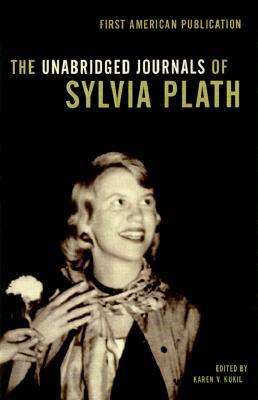 Western psychologists have rightly observed that “who we are and who we become depends, in part, on whom we love.” Zen Buddhists have rightly observed that “to love without knowing how to love wounds the person we love.” That lacuna between whom and how, between the objects of our love and its observance, is powerful space fo...
Western psychologists have rightly observed that “who we are and who we become depends, in part, on whom we love.” Zen Buddhists have rightly observed that “to love without knowing how to love wounds the person we love.” That lacuna between whom and how, between the objects of our love and its observance, is powerful space fo...
June 16, 2021
Sarah Mapps Douglass’s Flowers: The First Surviving Art Signed by an African-American Woman
In his thrice-revised and expanded autobiographies, Frederick Douglass, born Frederick Bailey, recounts changing his surname multiple times to cover his fugitive trail. When the time came to settle on a permanent name, he invited the man in whose home was taking refuge — a free black man devoted to helping fugitive slaves — to choose for him, as a token of gratitude. His host suggested Douglas — the self-possessed Highlander hero of one of the era’s greatest l...
June 13, 2021
Probable Impossibilities: Physicist Alan Lightman on Beginnings, Endings, and What Makes Life Worth Living
“What exists, exists so that it can be lost and become precious,” Lisel Mueller, who lived to nearly 100, wrote in her gorgeous poem “Immortality” a century and a half after a young artist pointed the world’s largest telescope at the cosmos to capture the first surviving photograph of the Moon and the first-ever photograph of a star: Vega — an emissary of spacetime, reaching its rays across twenty-five lightyear...
June 10, 2021
The Mirror of Enigmas: Chance, the Universe, and the Pale Blues of Knowing Who We Are
It takes a great sobriety of spirit to know your own depths — and your limits. It takes a special grandeur of spirit to know the limits of your self-knowledge.
A recent brush with those limits reminded me of a short, stunning essay by Jorge Luis Borges (August 24, 1899–June 14, 1986) titled “The Mirror of Enigmas,” found in his Labyrinths (public library) — the 1962 collection of stories, essays, and parables tha...
June 7, 2021
The Ocean and the Meaning of Life
This essay is adapted from Figuring.
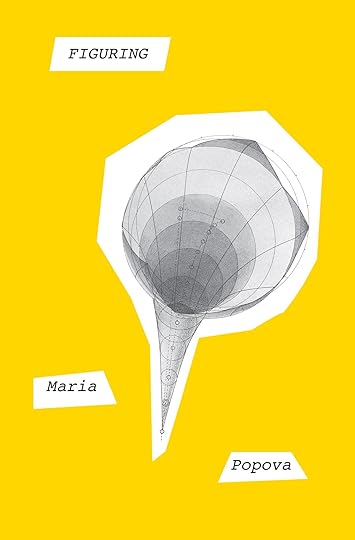 In June of 1952, the United States Fish & Wildlife Service received a letter of resignation from its most famous marine biologist. On the line requesting the reason for resignation, she had stated plainly: “To devote my time to writing.” But she was also leaving for the freed...
In June of 1952, the United States Fish & Wildlife Service received a letter of resignation from its most famous marine biologist. On the line requesting the reason for resignation, she had stated plainly: “To devote my time to writing.” But she was also leaving for the freed...
June 6, 2021
James Baldwin on Love, the Illusion of Choice, and the Paradox of Freedom
We, none of us, choose the century we are born in, or the skin we are born in, or the chromosomes we are born with. We don’t choose the incredibly narrow band of homeostasis within which we can be alive at all — in bodies that die when their temperature rises above 40 degrees Celsius or drops below 20, living on a planet that would be the volcanic inferno of Venus or the frigid desert of Mars if it were just a little closer to or fart...

